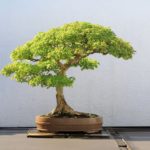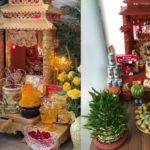However, many people are afraid that if the house lacks sunlight, the plants will have difficulty photosynthesizing and have weak leaves. If your house lacks sunlight, then choose the following plants:
1. Snake Plant
The snake plant can tolerate low light conditions, only needing light and can be kept indoors for a long time.
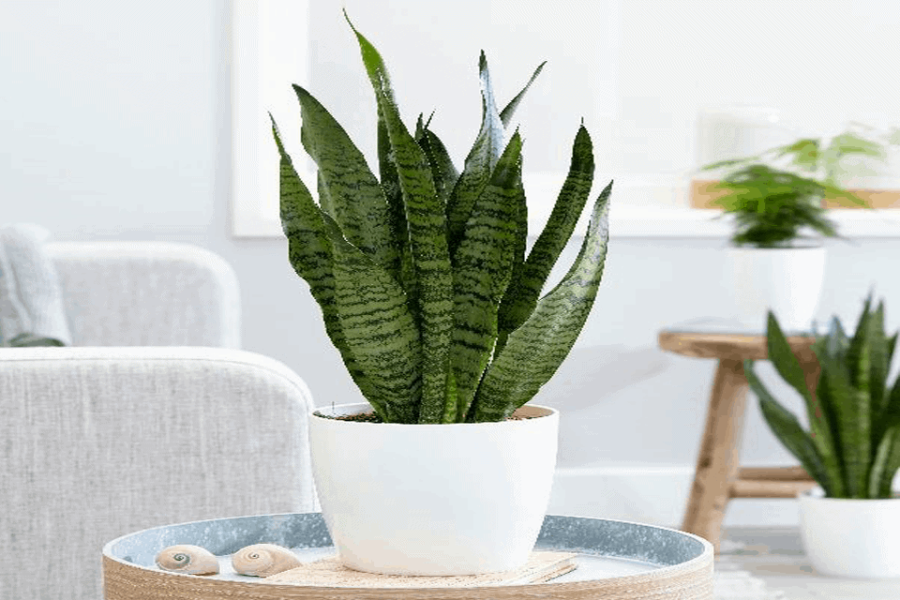
The snake plant also has a beautiful feng shui meaning of a gentleman, fortune, prosperity, and righteousness. The snake plant also has excellent air purification properties.
The snake plant does not require frequent watering or fertilizing, but occasionally you should wipe the leaves to make them shiny and more beautiful.
2. Spider Plant
The spider plant with its small green leaves is also very beautiful. They are also plants that can tolerate shade. They only need moderate light and do not need direct sunlight. Direct sunlight can cause the leaves to turn yellow.
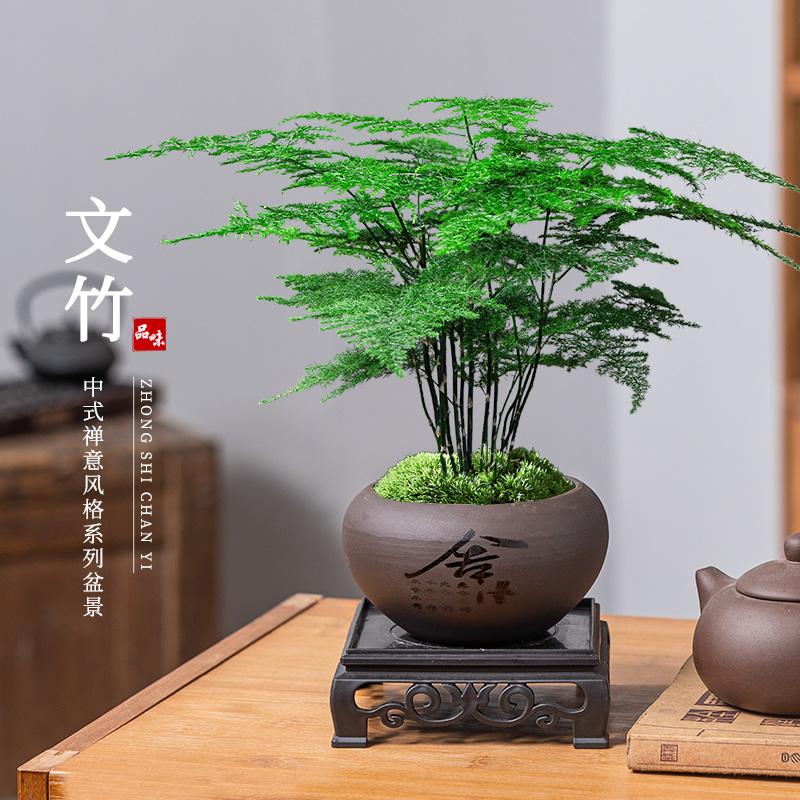
In feng shui, planting spider plants in the living room, placed on desks or study desks, brings a lot of luck, helps with progress, and promotes learning. Spider plants also have good drought tolerance, so they do not need much water.
3. Fatsia Japonica, Fatsia
The branches and leaves of Fatsia Japonica are very lush, with fresh green leaves all year round without the need for much sunlight. Fatsia has great air purification properties and drives away bad luck for homeowners.
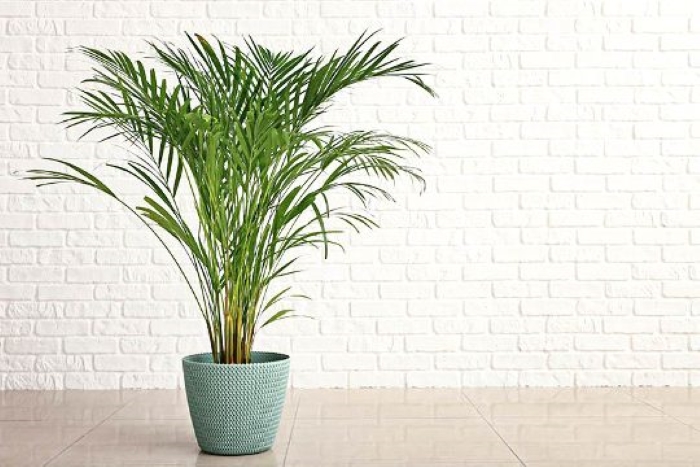
Occasionally, you can place them on a balcony with light, but not direct sunlight, as the sun can cause the leaves to yellow.
4. Money Tree
The money tree is one of the feng shui plants that many people choose to plant in their homes because they are easy to care for and prefer shade.
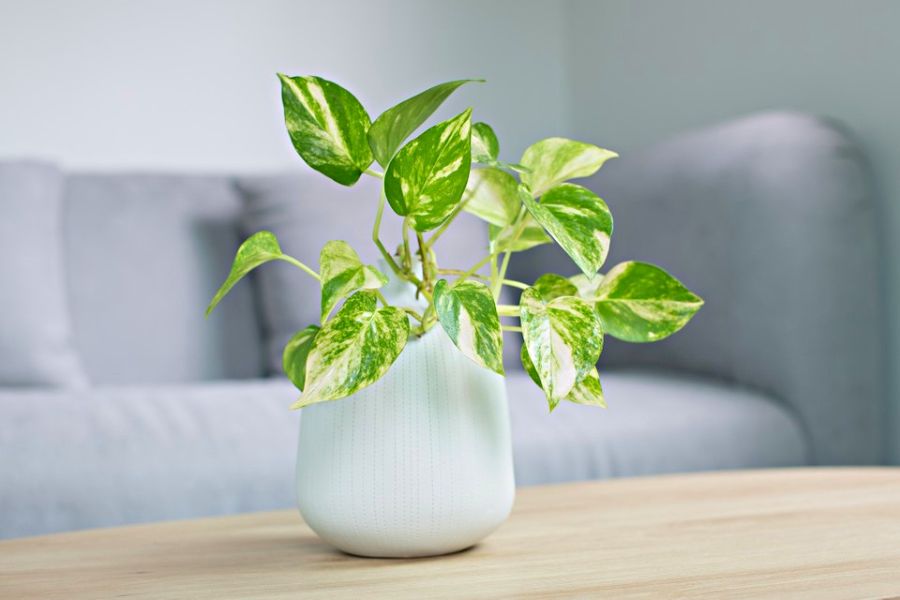
Moreover, the money tree has the ability to absorb harmful substances in the air, radiation from electronic devices, and can bring fortune and luck to the homeowner.
The money tree is afraid of intense sunlight, so it thrives in shade and also helps purify and moisten the room. The money tree is easy to propagate by cutting branches, making it convenient to grow.
5. Cast Iron Plant
The characteristic of the cast iron plant is that it has green leaves all year round, has strong growth ability, and prefers an environment with low light, so you can confidently plant cast iron plants in any house. The plant also tolerates drought, so you do not need to water it a lot.
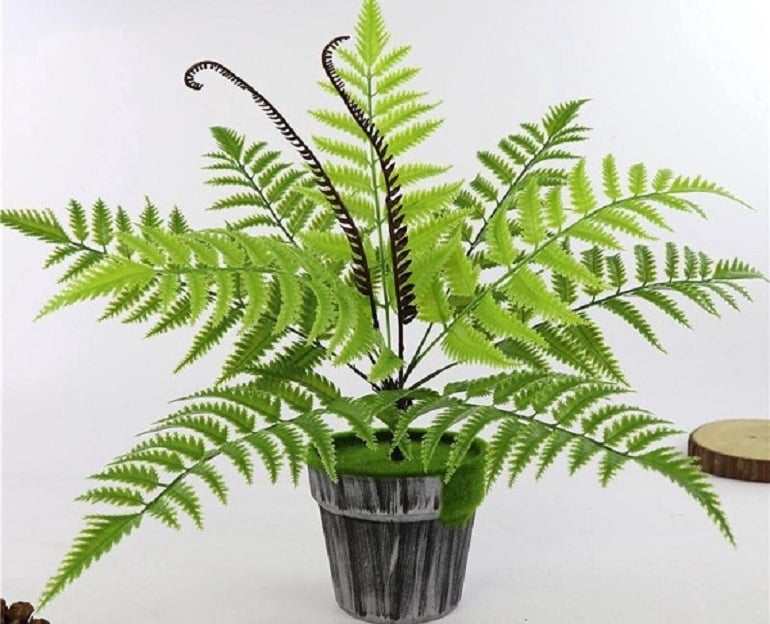
Many people believe that planting a few pots of cast iron plants can bring a lot of luck to the homeowner, especially for people with the Wood or Fire element. Planting cast iron plants in the house will help with smooth business, fewer obstacles, and easy completion of tasks.
6. Devil’s Ivy
Devil’s Ivy, also known as pothos or money plant, can be grown indoors or outdoors. This plant prefers light but only needs moderate light, not direct sunlight.
Therefore, you can bring them indoors and occasionally place them on a balcony with light but not direct sunlight. Devil’s Ivy helps purify the air and has excellent antibacterial properties.
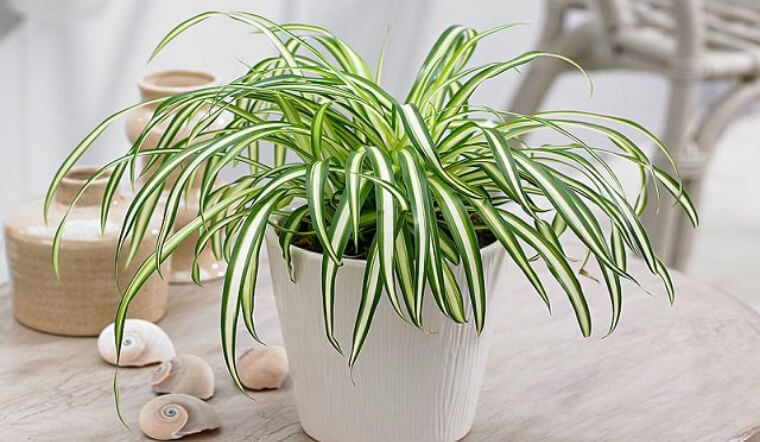
This is also one of the plants known as a plant of fortune because it can help homeowners ward off evil spirits, bad luck, bring peace and happiness to the family, and bring a lot of luck and prosperity in their careers. The flowers of Devil’s Ivy are also very fragrant and pure white, giving a relaxing feeling to the homeowner.
7. Orchid
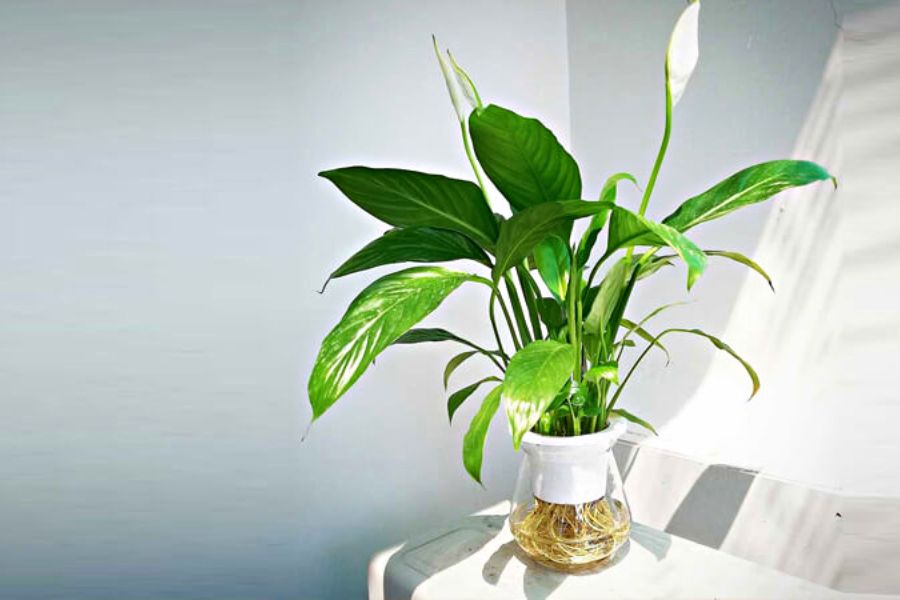
The information in the article is for reference and experience only.
– Snake Plant: Known for its ability to adapt to low light, the Snake Plant has beautiful foliage and is believed to bring good fortune in feng shui. It also purifies the air and requires minimal care.
– Spider Plant: With its small green leaves, the Spider Plant adds a touch of nature to any room. It thrives in moderate light and avoids direct sunlight. According to feng shui, it brings luck and promotes learning.
– Fatsia Japonica: This plant boasts lush branches and fresh green leaves year-round, even without much sunlight. It is said to drive away bad luck and purify the air.
– Money Tree: A popular feng shui choice, the Money Tree thrives in shade and absorbs harmful substances from the air. It is believed to bring fortune and luck to homeowners.
– Cast Iron Plant: With its preference for low light, the Cast Iron Plant is a resilient choice. It is said to bring luck and smoothen business endeavors, and its drought tolerance makes it low-maintenance.
– Devil’s Ivy: Also known as pothos or money plant, Devil’s Ivy can be grown indoors or outdoors. It prefers moderate light and avoids direct sunlight. This plant is believed to bring fortune and ward off evil spirits.
– Orchid: Orchids are adaptable plants that can thrive in low-light conditions. They are elegant and come in various colors, adding a touch of beauty to any space.



























